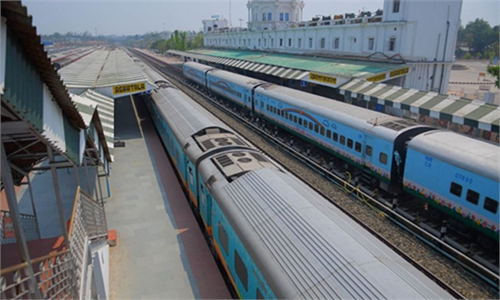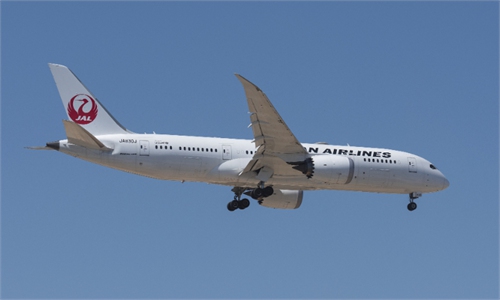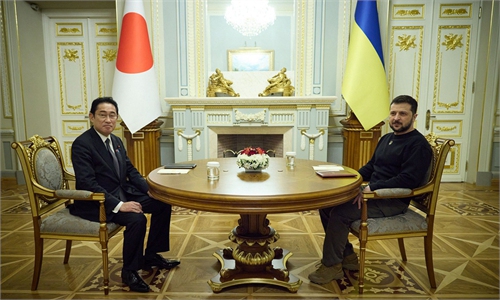Newly appointed Chinese Ambassador Wu Jianghao arrives in Japan, seeking to develop healthy, stable bilateral ties

Photo: Chinese Embassy in Japan
Newly appointed Chinese Ambassador to Japan Wu Jianghao has arrived in Japan to take office. He said that a vital mission is to maintain and develop a healthy and stable relationship between China and Japan, stressing that "decoupling and breaking chains" or "confrontation between camps" do not conform to the fundamental interests of the two countries and their peoples, the Chinese Embassy in Japan announced Tuesday.
China and Japan are separated only by a narrow strip of water. In the long river of history, the people of the two countries have learned from each other, and the relationship between the two countries has also experienced ups and downs. Entering the new era, as eternal neighbors, the two countries should learn from history and create the future together, and coexist peacefully and cooperate with each other for mutual benefit, Wu told media when accepting an interview with media at the airport.
Wu called on the two sides to adhere to the principles established in the four political documents between China and Japan, follow the consensus reached by the leaders of the two countries, stay true to our original aspirations, eliminate interference, and promote the healthy operation of China-Japan relations on the right track.
The four basic documents Wu mentioned are the China-Japan Joint Statement of 1972, the China-Japan Treaty of Peace and Friendship of 1978, the China-Japan Joint Declaration of 1998, and a joint statement on advancing relations in 2008. These have been the foundation of China-Japan relations since the normalization of diplomatic ties in 1972.
Wu highlighted the huge volume, solid foundation, and broad prospects of China-Japan practical cooperation, and stressed that "decoupling and breaking chains" and "confrontation between camps" go against history and the trend of the times.
The 20th National Congress of the Communist Party of China has sounded the clarion call for a new journey of Chinese modernization, and pressed the accelerator for major-country diplomacy with Chinese characteristics and China's high-quality opening-up. This will surely provide new opportunities and inject new impetus for exchanges and cooperation between China and Japan in various fields, Wu said.
As the world's second and third-largest economies and main regional powers, China and Japan have an important responsibility to maintain regional peace and stability. Wu urged both countries to resist the Cold War mentality, oppose conflict and confrontation, and safeguard the international system, order, and basic principles of international relations.
This year marks the 45th anniversary of the signing of the China-Japan Treaty of Peace and Friendship. At a new start in the history, China hopes to get together with Japan to review the spirit of the treaty, fulfil the obligations of the treaty, and jointly promote peaceful development, Wu noted.
As the 13th Chinese Ambassador to Japan, Wu expressed his sincere expectation to maintain and develop China-Japan relations, and to work with people from all walks of life in Japan to jointly open up a bright future for China-Japan relations in the new era.
Wu, born in 1963, has worked twice at the Chinese Embassy in Tokyo for more than 10 years between 1993 and 2008. He served as ambassador to Sri Lanka, and was the head of the Chinese Foreign Ministry's Department of Asian Affairs before his promotion to assistant foreign minister in 2020.
Global Times



